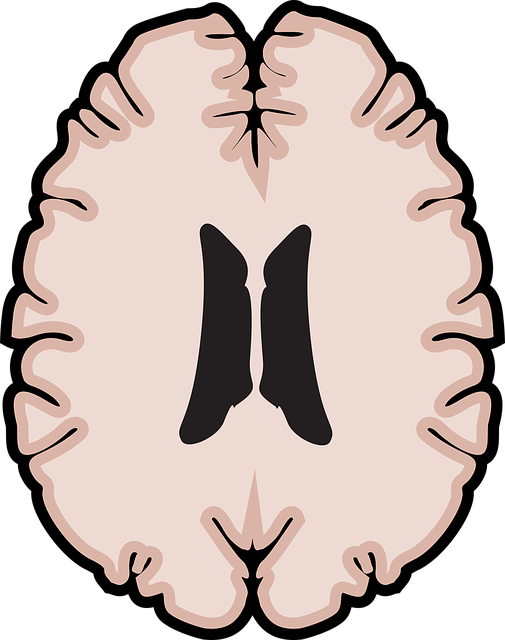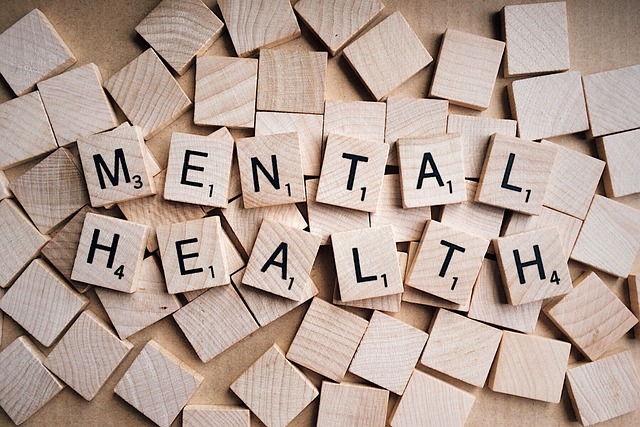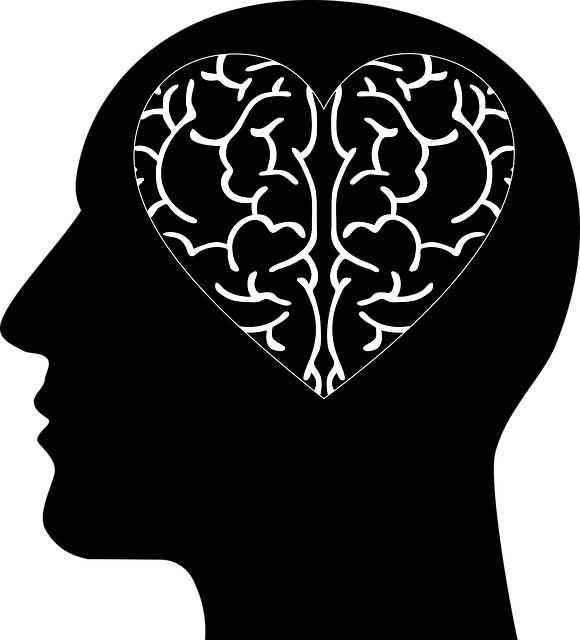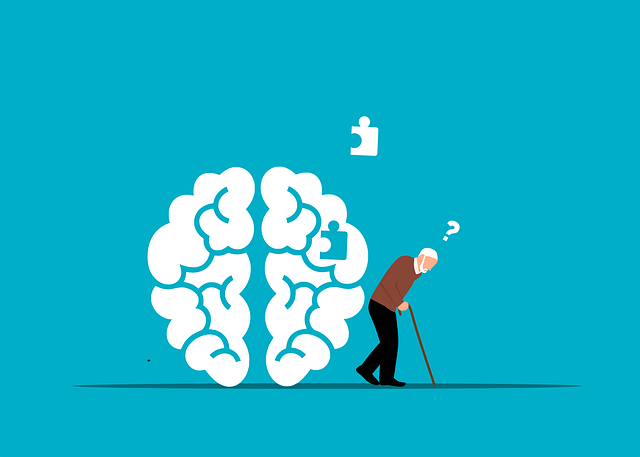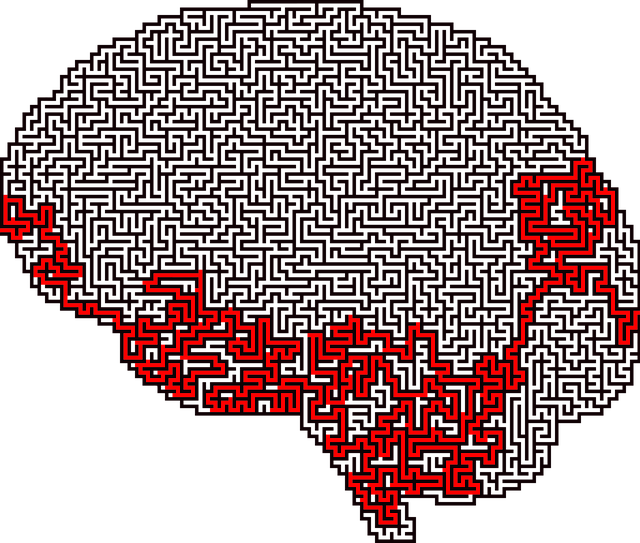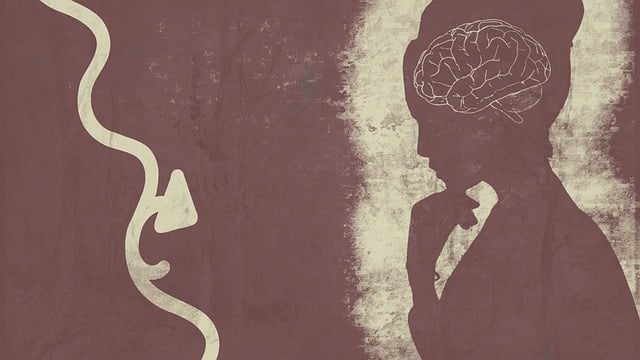Burnout is a significant concern among healthcare providers treating young adults with neuro disorders, driven by long hours, emotional demands, and high stress. Recognizing signs like cynicism and detachment is key to preventing burnout. Effective countermeasures include mental wellness journaling, exercise, and mind over matter principles, which enhance resilience and improve coping strategies. Targeted interventions focusing on CBT for thought pattern modification, mindfulness practices, Stress Management Workshops, and Mental Health Education Programs are recommended to foster community, normalize mental health discussions, and equip young adults with tools for stress reduction. Integrating holistic approaches like mindfulness, CBT, art, and music therapy is crucial in Therapy for Young Adults Neuro Disorders to address symptoms, enhance well-being, and empower patients beyond traditional therapy sessions.
Healthcare provider burnout is a growing concern, impacting not just individuals but the entire healthcare system. This article explores strategies to prevent burnout among healthcare providers, focusing on targeted interventions for young adults with neuro disorders and integrative approaches that can be implemented at various levels. By understanding the unique challenges faced by these providers, we can foster healthier work environments and improve patient care, including effective therapy for young adults with neuro disorders.
- Understanding Burnout Among Healthcare Providers
- Targeted Interventions for Young Adult Neuro Disorders
- Integrative Approaches to Prevent and Mitigate Burnout
Understanding Burnout Among Healthcare Providers

Burnout among healthcare providers is a growing concern, particularly within specialties like therapy for young adults and those treating neuro disorders. These professions often demand long hours, emotional intensity, and high-stress situations, which can lead to physical and mental exhaustion over time. Healthcare professionals may struggle with feelings of cynicism, detachment from work, and reduced personal satisfaction, all indicators of burnout.
Understanding the factors contributing to burnout is crucial in developing effective prevention strategies. Mental wellness journaling, exercise guidance, and adopting mind over matter principles have shown promise in promoting self-care practices among healthcare providers. By integrating these techniques into their routines, professionals can enhance resilience, improve coping mechanisms, and ultimately, mitigate the risk of burnout.
Targeted Interventions for Young Adult Neuro Disorders

Young adult neuro disorders present unique challenges, often exacerbating existing mental health concerns due to the stress of navigating life transitions while managing a chronic condition. Targeted interventions are crucial for this demographic, focusing on both symptom management and resilience-building strategies. Therapy for Young Adults Neuro Disorders should encompass cognitive behavioral therapy (CBT) to help individuals identify and change negative thought patterns and behaviors, along with mindfulness practices to enhance coping mechanisms and reduce anxiety.
Additionally, integrating Stress Management Workshops Organization and Mental Health Education Programs Design can foster a supportive community, normalize conversations around mental health, and provide practical tools for stress reduction. By incorporating these tailored strategies, we can empower young adults with neuro disorders to thrive, improving their overall quality of life and promoting a sense of well-being amidst the challenges they face.
Integrative Approaches to Prevent and Mitigate Burnout

In today’s demanding healthcare landscape, integrating various approaches to prevent and mitigate burnout among young adult patients with neuro disorders is more crucial than ever. Beyond traditional therapeutic models, innovative strategies such as mindfulness practices, cognitive-behavioral therapy (CBT), and even alternative treatments like art therapy or music therapy can significantly enhance mental wellness. These integrative methods not only address the symptoms of depression prevention but also foster resilience and self-care practices among individuals navigating neurodevelopmental challenges.
By combining these diverse therapeutic options, healthcare providers can create a holistic support system tailored to each patient’s unique needs. For instance, CBT equips young adults with coping mechanisms to manage stress and anxiety, while mindfulness practices promote present-moment awareness and emotional regulation. Incorporating self-care practices into routine care encourages patients to prioritize their mental wellness, ensuring they have the tools to navigate life’s challenges beyond traditional therapy sessions.
Healthcare provider burnout is a pressing issue, especially among young adults with neuro disorders. By understanding the root causes, implementing targeted interventions like therapy for young adults’ neuro disorders, and adopting integrative approaches, we can create a more supportive environment. These strategies not only mitigate burnout but also enhance the overall well-being of healthcare providers, ensuring they can continue to deliver quality care with resilience and passion.
